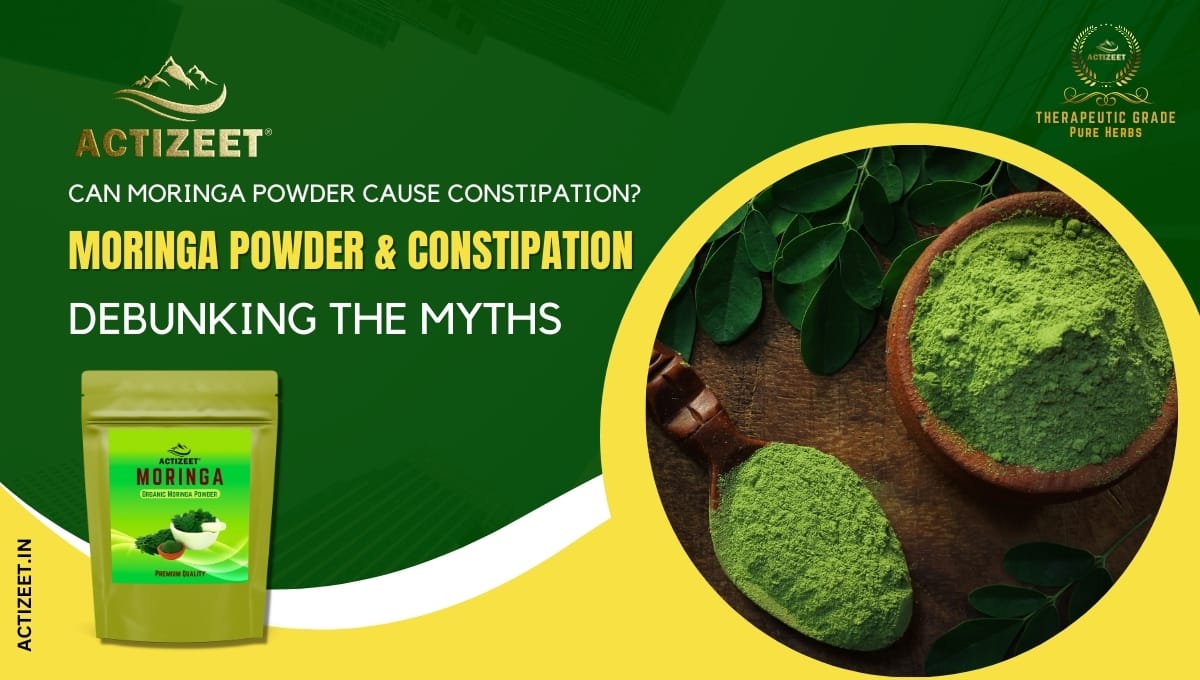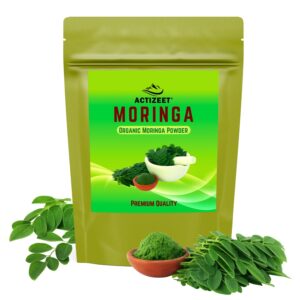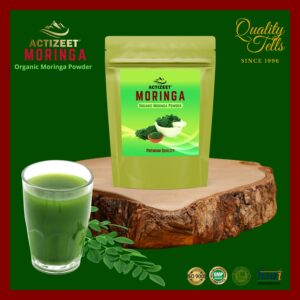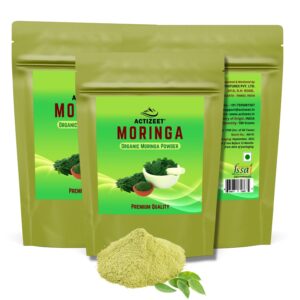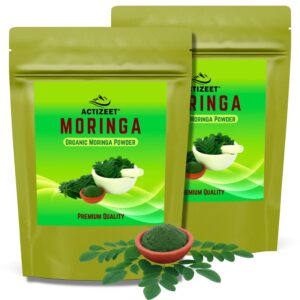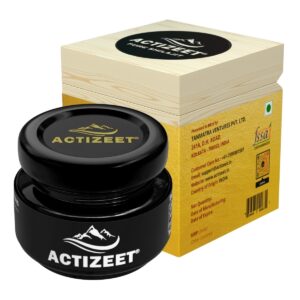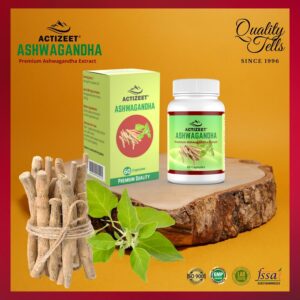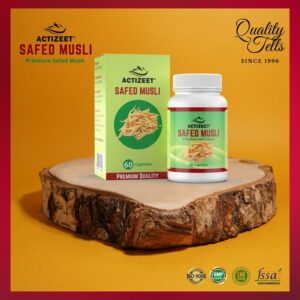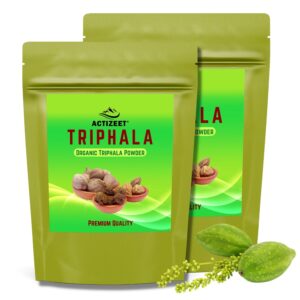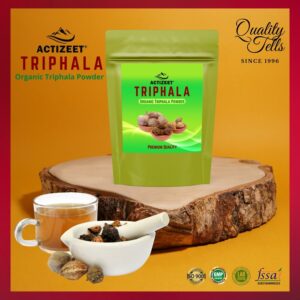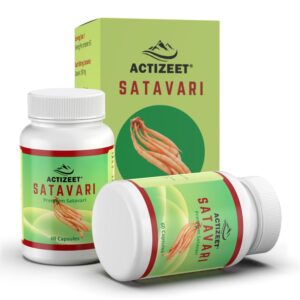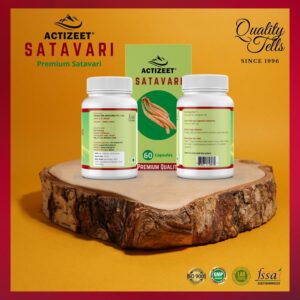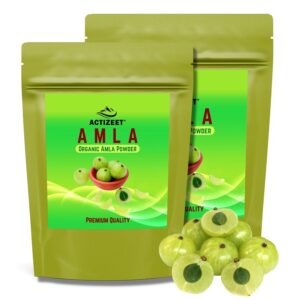Welcome, health enthusiasts, and curious readers! Today, we embark on an exploration of the world of moringa powder, a renowned health supplement that has gained immense popularity in recent years.
With its plethora of purported benefits, including antioxidant properties and rich nutrient content, it has become a staple in many wellness routines. However, amidst the praise for this green superfood lies a potential concern: the possibility of experiencing constipation as a side effect.
Table of Contents
ToggleMoringa Powder as a Popular Health Supplement
Moringa powder is derived from the leaves of the Moringa oleifera tree, often referred to as the “Miracle Tree” due to its remarkable nutritional composition. Packed with vitamins A, B, C, and E, essential minerals like calcium and iron, as well as potent antioxidants and amino acids, this powerhouse powder has attracted attention for its potential to support overall well-being.
One of the reasons behind its popularity is its versatility; moringa powder can be effortlessly incorporated into various recipes, such as smoothies, or sprinkled over salads to give them an extra nutritional boost. Moreover, it caters to different dietary preferences since it is vegan-friendly and gluten-free.
Potential Side Effect: Constipation
While moringa powder boasts numerous health benefits, it’s crucial to acknowledge that some individuals have reported experiencing constipation after consuming it regularly. Constipation refers to infrequent bowel movements or difficulty passing stools due to various factors like dehydration or low dietary fibre intake. However, before jumping to conclusions about moringa powder directly causing constipation in all cases, we must explore this potential side effect more comprehensively.
It is necessary to consider individual differences in digestion and other lifestyle factors that may contribute to constipation. So, let’s dive deeper into the mechanisms behind moringa powder consumption and its possible impact on bowel movements.
Understanding Moringa Powder
The Green Superfood Powerhouse
Moringa powder, derived from the leaves of the Moringa oleifera tree, has gained quite a reputation as a green superfood powerhouse. But what exactly is this magical substance? Moringa powder is made by drying and grinding the leaves of the moringa tree into a fine, vibrant green powder.
It has been utilized for centuries in traditional medicine and culinary practices in various parts of the world, including Asia, Africa, and South America. The origin of moringa powder can be traced back to ancient civilizations that recognized its exceptional nutritional value.
Native to tropical and subtropical regions, this hardy tree earned its nickname “the miracle tree” due to its ability to thrive even in harsh conditions. Cultivated for both its edible leaves and other useful parts like seeds and flowers, moringa has long been hailed as a valuable source of nourishment.
Nutritional Profile: A Treasure Trove of Nutrients
Now that we’ve established what moringa powder is all about let’s dive into its impressive nutritional profile. Brace yourself – it’s a true treasure trove! This potent superfood boasts an abundance of essential vitamins and minerals that could put any multivitamin to shame.
First up, let’s talk vitamins. Moringa contains sky-high levels of vitamin C, which acts as an antioxidant superhero, protecting our cells from pesky free radicals.
It also packs a punch when it comes to vitamin A—you know, the one your eyes adore—promoting healthy vision while supporting immune function. But wait, there’s more!
Moringa offers generous amounts of vitamin E for skin health and vitamin K for strong bones. And if you’re looking for some B vitamins like thiamine (B1), riboflavin (B2), and niacin (B3) to boost your energy levels, well, you’re in luck because moringa’s got those too.
Now, let’s talk minerals. Moringa is brimming with calcium for bone health, iron for an energizing oxygen boost, and potassium for a happy heart.
And if that wasn’t enough to impress you, it also contains zinc for immune support and magnesium for muscle function. So there you have it—moringa powder is like a botanical multivitamin that nature herself has bestowed upon us.
With its remarkable nutritional profile and numerous health benefits, it’s no wonder why this vibrant green powder has gained such popularity in the wellness community. But before we jump on the bandwagon completely, let’s explore a potential side effect that some individuals have reported: constipation.
Mechanism of Constipation
How constipation occurs in the digestive system
Constipation, my dear readers, is a rather uncomfortable condition where one experiences difficulty passing stools. It happens when the smooth and rhythmic movements within our digestive system, also known as peristalsis, slow down or become sluggish.
Typically, our colon’s main job is to absorb water from the waste material that passes through it. However, when this process goes haywire, more water than necessary can be absorbed, resulting in hard and dry stools.
Now picture this: imagine your colon as a wonderfully efficient conveyor belt. When everything works smoothly, the conveyor belt moves at just the right speed to transport waste through your intestines and out of your body like clockwork.
But sometimes, dear readers, either due to certain foods or underlying health conditions, such as a lack of fibre or dehydration – this conveyor belt starts inching along sluggishly. As a result, stool spends more time in the colon than it should and becomes harder to pass.
Factors contributing to constipation, such as low fibre intake or dehydration
Now let us delve into some common factors that contribute to constipation. One major culprit is an inadequate intake of dietary fibre – which acts as nature’s broomstick for your digestive system!
Fibre adds bulk to your stool and helps keep things moving along smoothly through the intestines by facilitating regular bowel movements. Moreover, dehydration can wreak havoc on your digestive system and contribute significantly to constipation problems.
Water plays a vital role in ensuring proper hydration within our bodies. When we don’t drink enough water throughout the day (and let’s face it, many of us are guilty of neglecting this key aspect), our body will compensate by drawing excess water from our stools during digestion.
This leads to stools becoming dry and hard, creating unnecessary roadblocks on the path to the porcelain throne, if you catch my drift. So, my dear readers, it is imperative to ensure an adequate intake of fibre-rich foods and keep yourself well-hydrated in order to maintain a happy and harmonious digestive system.
Potential Causes of Constipation from Moringa Powder
High fibre content in moringa powder and its impact on bowel movements
Moringa powder is renowned for its high fibre content, which is considered beneficial for maintaining a healthy digestive system and regular bowel movements. Fiber acts as a bulking agent, adding bulk to the stool and promoting smooth passage through the intestines. This helps prevent constipation by stimulating the muscles in the intestinal walls to contract and move waste along.
When consumed in moderate amounts, moringa powder’s fibre content can be highly advantageous. However, excessive fibre intake may have unintended consequences, including constipation.
It is important to note that individual tolerance to dietary fibre varies significantly. Some individuals may need higher amounts of fibre to maintain regular bowel movements, while others might experience discomfort and potential constipation if they consume excessive quantities.
Role of dietary fibre in promoting regularity
Dietary fibre plays a crucial role in maintaining regularity within the digestive system. It consists of two main types: soluble and insoluble fibre.
Soluble fibres attract water and form a gel-like substance during digestion, while insoluble fibers do not dissolve but instead add bulk to the stool. Soluble fibres found in moringa powder can assist with preventing constipation by softening the stool and aiding digestion.
These fibres contribute to forming a gel-like consistency that facilitates easy passage through the intestinal tract. On the other hand, insoluble fibres contribute to increasing bulk within the stool, making it easier to pass through the colon efficiently.
By adding bulk and providing gentle stimulation to gut muscles, insoluble fibres promote regular bowel movements. However, it’s essential to maintain a balance when consuming moringa powder or any other source of dietary fibre because excessive intake without sufficient hydration can lead to potential constipation issues.
Factors Influencing Constipation Risk with Moringa Powder Consumption
Individual differences in digestion and gut health
Our digestive systems are unique, and how we process food can vary greatly from person to person. Factors such as age, genetics, and overall gut health can influence how our bodies respond to dietary changes.
Some individuals may have a more sensitive digestive system that is prone to constipation when introduced to new foods or supplements, including moringa powder. It is essential to be mindful of these individual differences and monitor how your body reacts when incorporating moringa powder into your diet.
Variation in gut microbiota composition affects digestion
Our gut is home to trillions of microorganisms, collectively known as the gut microbiota. These tiny organisms play a crucial role in our digestion and overall health. The composition of the gut microbiota can differ significantly from one person to another due to factors such as diet, lifestyle, and even environmental influences.
Studies suggest that alterations in the gut microbiota can impact digestion, potentially leading to constipation or other gastrointestinal issues. Therefore, while consuming moringa powder, it is important to pay attention to any changes in your bowel movements and consider seeking professional advice if you experience persistent constipation.
Preexisting conditions like irritable bowel syndrome (IBS) influence response to dietary changes
For individuals with preexisting conditions like irritable bowel syndrome (IBS), dietary changes can sometimes trigger symptoms such as constipation or diarrhoea. IBS is a chronic disorder affecting the large intestine’s functionality and causing abdominal discomfort or altered bowel habits.
While some studies suggest that moringa powder may alleviate IBS symptoms due to its anti-inflammatory properties, others report cases where it may exacerbate certain individuals’ digestive issues. If you have an existing condition like IBS, it’s advisable to consult with a healthcare professional before incorporating moringa powder into your routine.
Tips for Preventing Constipation while Consuming Moringa Powder
Ensuring adequate hydration alongside moringa powder consumption
Staying properly hydrated is essential for maintaining healthy digestion and preventing constipation. Water helps soften the stool, making it easier to pass through the intestines.
When consuming moringa powder, it’s important to drink an adequate amount of water throughout the day to support proper bowel movements. Aim for at least eight glasses of water daily, and increase your intake if you engage in intense physical activity or live in a hot climate.
Balancing fibre intake from other sources to avoid excessive amounts
Fiber is an essential nutrient that promotes regularity and prevents constipation. However, consuming excessive amounts of fibre can have the opposite effect and lead to gastrointestinal discomfort or constipation. Since moringa powder is already rich in fibre, it’s crucial to balance your overall fibre intake from other sources such as fruits, vegetables, whole grains, and legumes.
Gradually introduce moringa powder into your diet while monitoring how your body responds. If you notice any signs of constipation or digestive distress, consider adjusting your overall fibre intake by reducing or increasing it as needed.
Other Considerations Related to Moringa Powder Consumption and Digestion
Impact of processing methods on the fibre content and digestibility
The way moringa powder is processed can affect its fibre content and digestibility. Some processing methods may alter the concentration of dietary fibre present in the final product.
It is advisable to choose high-quality, minimally processed moringa powder that retains its natural nutritional properties as much as possible. Be aware that highly refined versions may contain lower levels of beneficial fibres, potentially affecting their impact on digestion.
Potential interactions with medications that may affect bowel movements
If you are taking any medications, it is essential to consider potential interactions between moringa powder and your medications. Some drugs may affect bowel movements, either promoting or inhibiting them.
While there is limited research on moringa powder specifically, certain compounds present in the supplement could potentially interact with certain medications. If you have concerns about possible interactions or experience changes in your bowel habits while taking moringa powder alongside other medications, consult with a healthcare professional for personalized advice.
Conclusion
Incorporating moringa powder into your diet can be a beneficial step towards improving overall health due to its rich nutrient profile. However, it is essential to be mindful of individual variations in digestion and gut health that may influence the risk of constipation.
By ensuring adequate hydration and balancing fibre intake from various sources, you can minimize the chances of experiencing constipation while enjoying the benefits of moringa powder. Additionally, considering factors such as processing methods and potential medication interactions can further optimize your experience with this supplement.
Remember to listen to your body’s signals and consult with a healthcare professional if concerns persist. Embrace these considerations as tools for a well-rounded approach towards incorporating moringa powder into a healthy lifestyle, promoting both wellness and regularity in digestion.
ACTIZEET Moringa Powder
-
Rated 4.85 out of 5
₹1,200.00Original price was: ₹1,200.00.₹900.00Current price is: ₹900.00. Incl. GST ADD TO CART Buy Now -
Rated 4.84 out of 5
₹3,600.00Original price was: ₹3,600.00.₹2,100.00Current price is: ₹2,100.00. Incl. GST ADD TO CART Buy Now -
Rated 4.80 out of 5
₹2,400.00Original price was: ₹2,400.00.₹1,600.00Current price is: ₹1,600.00. Incl. GST ADD TO CART Buy Now
Related Products
-
Himalayan Shilajit, Pure shilajit, Shilajit, SHUDDH SURYA TAPI SHILAJIT
Rated 4.74 out of 5₹4,950.00Original price was: ₹4,950.00.₹3,950.00Current price is: ₹3,950.00. Incl. GST ADD TO CART Buy Now -
Rated 4.86 out of 5
₹2,400.00Original price was: ₹2,400.00.₹1,600.00Current price is: ₹1,600.00. Incl. GST ADD TO CART Buy Now -
Rated 4.82 out of 5
₹2,400.00Original price was: ₹2,400.00.₹1,600.00Current price is: ₹1,600.00. Incl. GST ADD TO CART Buy Now -
Rated 4.84 out of 5
₹2,400.00Original price was: ₹2,400.00.₹1,600.00Current price is: ₹1,600.00. Incl. GST ADD TO CART Buy Now
-
Rated 4.00 out of 5
₹2,400.00Original price was: ₹2,400.00.₹1,600.00Current price is: ₹1,600.00. Incl. GST ADD TO CART Buy Now -
Rated 4.80 out of 5
₹2,400.00Original price was: ₹2,400.00.₹1,600.00Current price is: ₹1,600.00. Incl. GST ADD TO CART Buy Now -
Rated 4.71 out of 5
₹2,400.00Original price was: ₹2,400.00.₹1,600.00Current price is: ₹1,600.00. Incl. GST ADD TO CART Buy Now -
Rated 0 out of 5
₹2,400.00Original price was: ₹2,400.00.₹1,600.00Current price is: ₹1,600.00. Incl. GST ADD TO CART Buy Now
Related posts:
- Unlocking the Digestive Benefits of Amla Powder for Constipation Relief
- Moringa Powder in Panaji (Goa)
- Moringa Powder: The Ultimate Digestive Aid?
- Moringa Powder in Gangtok (Sikkim)
- Moringa Powder in Imphal (Manipur)
- Moringa Powder in Kochi (Kerala)
- Moringa Powder in Aizawl (Mizoram)
- Moringa Powder in Agartala (Tripura)

